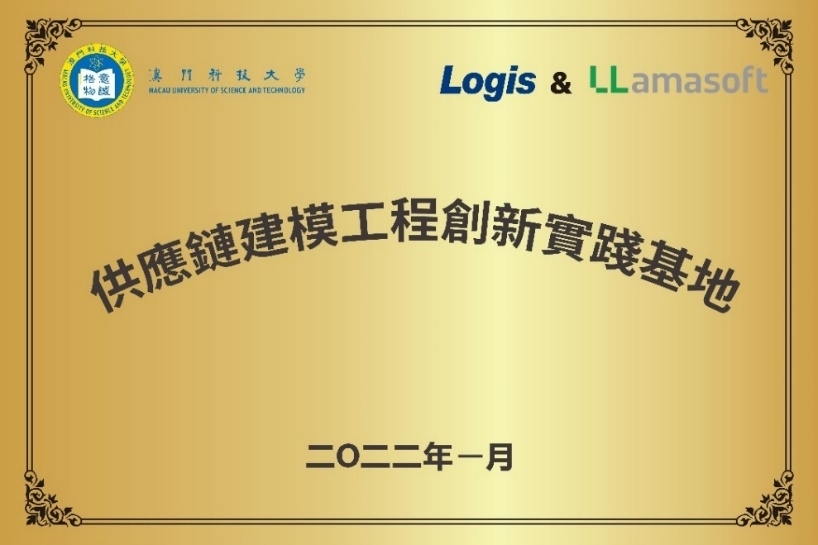Supply chain provides integrated services that may include designing, planning, controlling and optimization of logistics, business flow, information flow and capital flow of the supply chain based on modern information technology. The innovation and application of modern supply chain have become an important method for promoting supply-side structural reform, and they have also become a critical channel to transform the economic development method in China.
The report of the 19th National Congress of the Communist Party of China aims to cultivate new growth points and form new kinetic energy in the fields of modern supply chain, innovation leadership, green and carbon-neutral, and shared economy. Supply chain has become an important part of the national strategy. In 2017, the "Guideline on Actively Promoting Supply Chain Innovation and Application" was issued by the General Office of the State Council to accelerate supply chain innovation.
Supply Chain Management (SCM) is a unique major under the BBA program offered by the Macau University of Science and Technology (M.U.S.T.). Based on the 3C teaching method (case teaching, computer simulation, and internship program), it provides students with supply chain theory, tools and methods, and trains students to comprehensively apply professional knowledge to solve industrial practical problems. SCM under the BBA program was accredited by the Chartered Institute of Logistics and Transport (CILT) in 2017 and obtained the updated accreditation in 2021. So far M.U.S.T. has produced more than 1,000 undergraduate graduates, at least 50 master’s graduates and over 10 doctoral graduates, and has become a frontier for producing supply chain talents working in industrial and research sectors.
In order to further promote the industry-university-research cooperation in the field of SCM, the School of Business and Beijing Logis jointly established the first overseas lab in supply chain modeling and engineering innovation in January 2022. Based on enterprise cases and data, the lab can integrate supply chain theories with real-world practice, fully leverages the intellectual resources of universities, promotes research on new technologies and future trends in supply chain, empowers M.U.S.T. in cultivating supply chain talents, and provides professional training to supply chain professionals.






